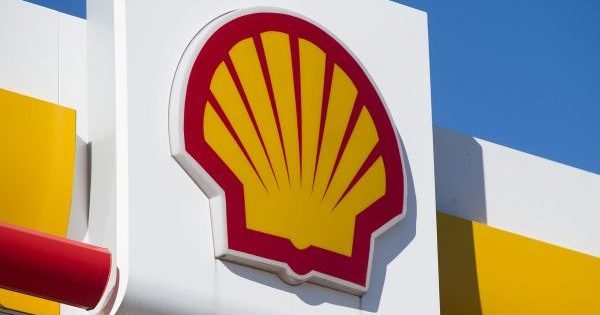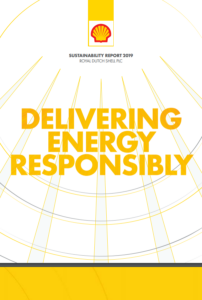The oil major Shell,recently issued its Sustainability Report for 2019, focusing on the key sustainability challenges and opportunities that faces and the many ways in which responds. In fact, the reports details the company’s social, safety and environmental performance during 2019.
According to the company, delivering the UN sustainable development goals was its first aim, in order to tackle the world’s economic, social and environmental challenges by 2030.
In 2019, Shell started paying attention on how to improve the energy efficiency of its facilities and achieve its Net Carbon Footprint ambition to drop the intensity of the greenhouse gas (GHG) emissions of the energy products by half until 2050.
At the same time, the company invested in projects such as capture and store carbon dioxide (CO2), while explored new ways of using CO2 once it has been captured.
In 2019, we stepped up our activities in generating and trading lowercarbon electricity, as well as providing it directly to customers. These activities are part of our aim to make power a significant business for Shell, a business that, in the future, could sit alongside oil, gas and chemicals.
…Shell noted.
For the records, the company managed to supply more than 900.000 customers in the UK with 100% renewable electricity, while at the end of 2019, the Shell share of total installed capacity combined from onshore and offshore wind was 290 megawatts (MW) with 2,196 MW in development.
Shell contractors, distributors and other partners travel around 1.2 billion kilometres a year to deliver fuel to our customers. We have around 3,000 trucks on the road at any one time. This is a significant safety challenge, especially for fuel transport in highrisk countries.
… as Nigel Hobson, VP Trading and Supply Operations said.
So as to tackle the emissions, the company is a founding member of the Energy Transitions Commission, which brings together leaders representing a wide range of sectors and interests.
Specifically, the commission aims to accelerate change towards low-carbon energy systems that limit the rise in global average temperature this century to well below 2°C above pre-industrial levels.
We work with the Oil and Gas Climate Initiative (OGCI), a voluntary CEO-led group that focuses on carbon capture, utilisation and storage (CCUS), methane detection and reduction, as well as energy efficiency.
…the oil major added.
To boost refinery and chemical plant efficiency, Shell also invested in co-generation plants that provide their refineries and chemical plants with on-site power in the form of both electricity and recycled heat. By passing on waste heat so residents rely less on the power grid, the company is helping communities to drop their emissions.
Overall, Shell announced that will keep working closely with its customers, broad coalitions of businesses, governments and other parties, sector by sector, to identify and enable decarbonization pathways for each sector and achieve UN sustainable development goals delivery.
See more herebelow































































